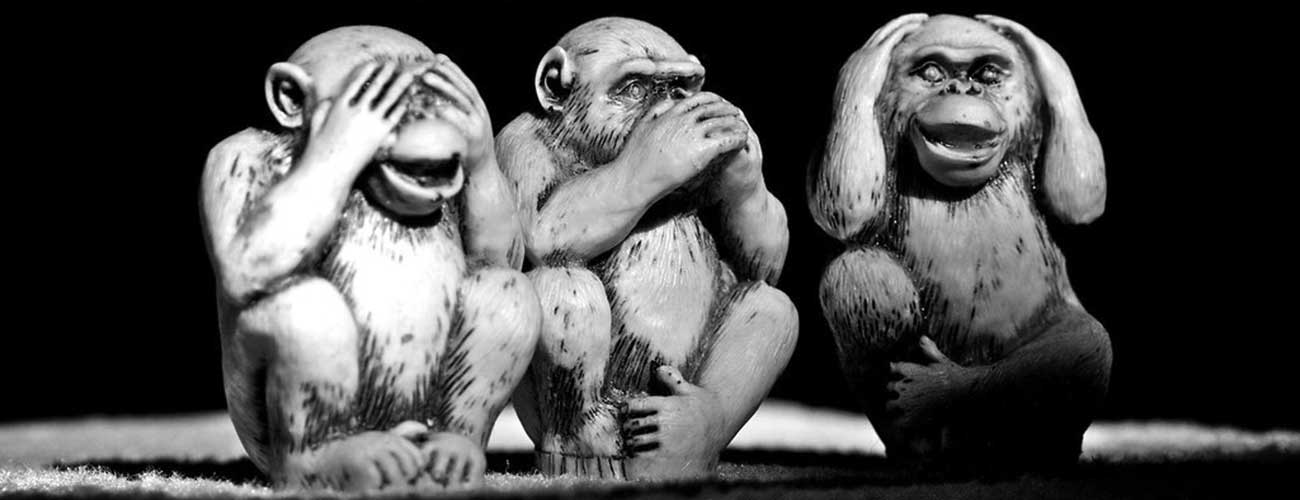
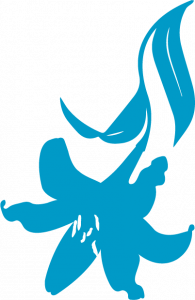
Willful Innocence
How can we learn from moments of failing so that our anger, grief, and shame can propel us toward conversations and healing? And what does forgiveness look like from where you hurt?
At a time when industry giants, celebrity politicians, and entire socioeconomic communities are being forced to confront their collective wrongdoing, we as individuals are faced with our own reckoning: What role have we played in allowing these corruptions of power to exist?
How has our inaction caused hurt? We are all complicit in our misunderstandings of one another, but we can no longer pardon ignorance as an acceptable form of justice. Entire populations, nations, and industries have tried to blame their missteps on ignorance — it’s the reason why blackface, childhood sexual abuse, college bribery scandals, and even wars, persist. But in this age of hyper-connectivity, it is as much a privilege to be willfully ignorant as it is to turn a blind eye to inequities once we recognize them.
So how can we unpack this presumed and perceived innocence in order to better understand one another and our respective motivations? What role do apologies have in our individual and collective endeavors toward progress, toward both being and doing better? And what part does shame have in helping or harming the process of learning from our mistakes? It’s much easier to vilify people than it is to see that they could have both dark and light in them, but is there a point at which giving others the benefit of the doubt does more harm than good?
For this issue, we’re examining the complexities of claiming innocence. Tell us about a time when you failed to take responsibility for your own actions, and what the aftermath revealed about yourself. Tell us about how your boundaries or identity have been violated, and how you rebuilt trust with yourself (and the world). What are the cultural beliefs that have stemmed from our collective victim mentality? How can we learn from moments of failing so that our anger, grief, and shame can propel us toward conversations and healing? And what does forgiveness look like from where you hurt?
The featured image is “Three wise monkeys” by Anderson Mancini.
- All Post
- 10: Willful Innocence
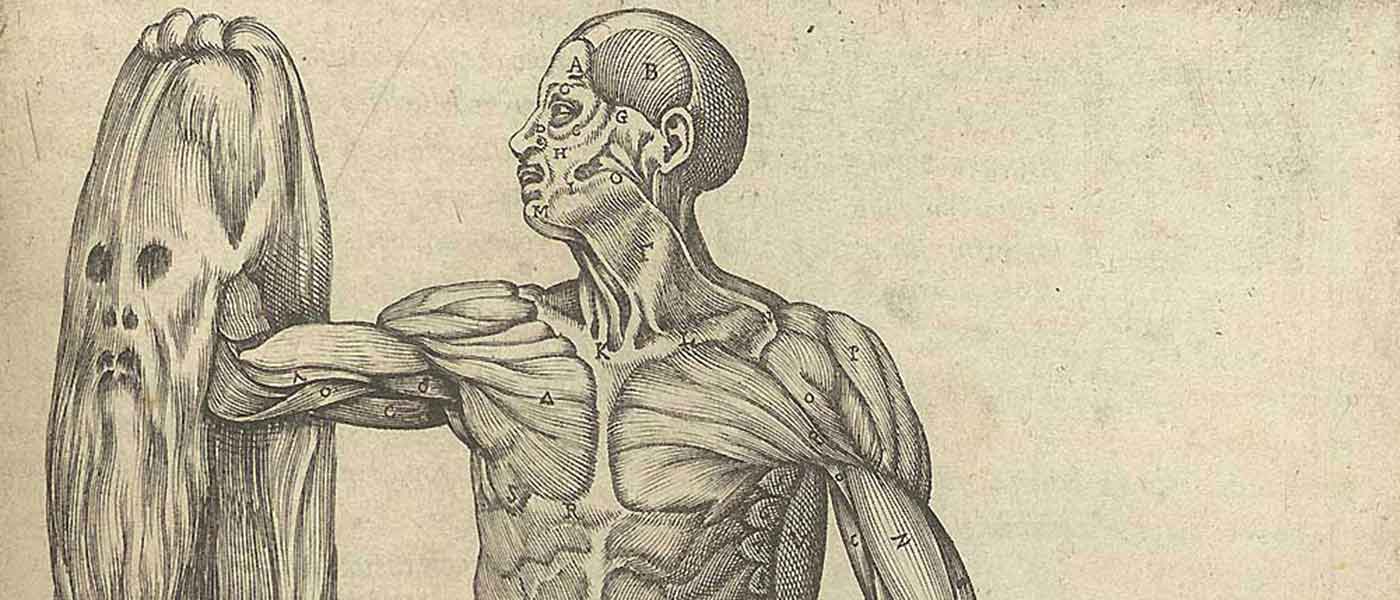
Beyond dead. Torsos glazed with epoxy, exuding an icy sheen. A spinal column exposed, its flimsy cord dangling from a…
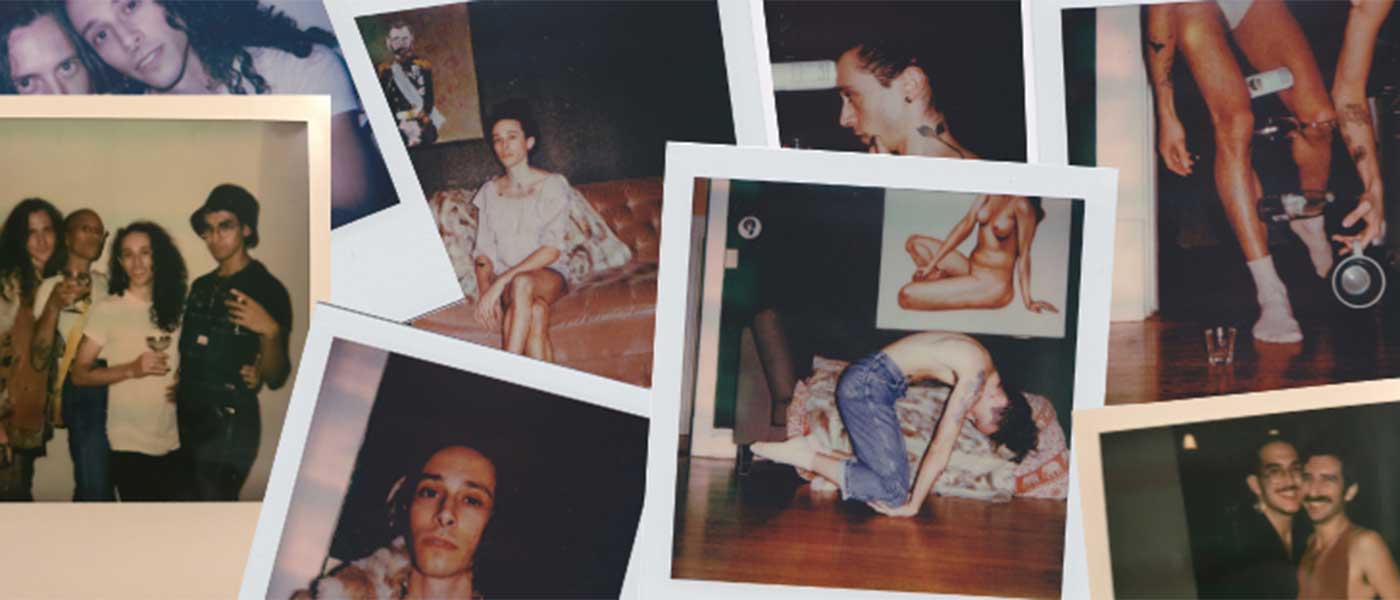
In 2007, I had just freshly graduated from high school. I was a year ahead of my class and had…
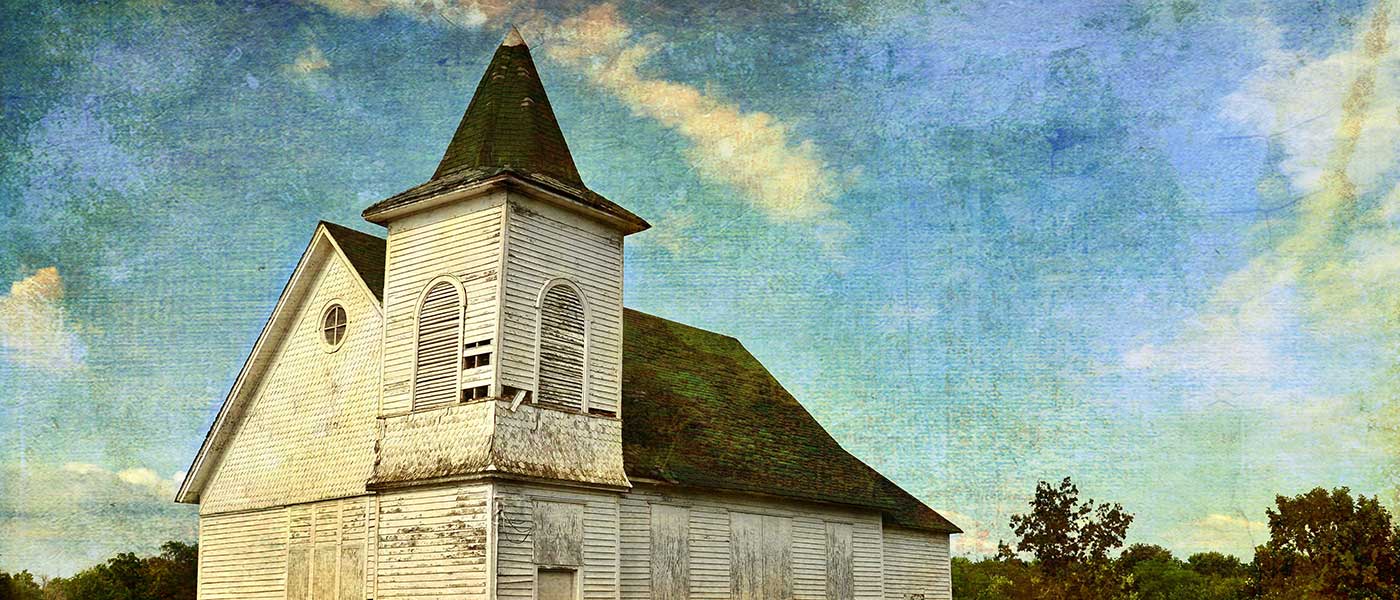
Out past the bridge, past the edge of town where the old houses give way to the stretch of firs…
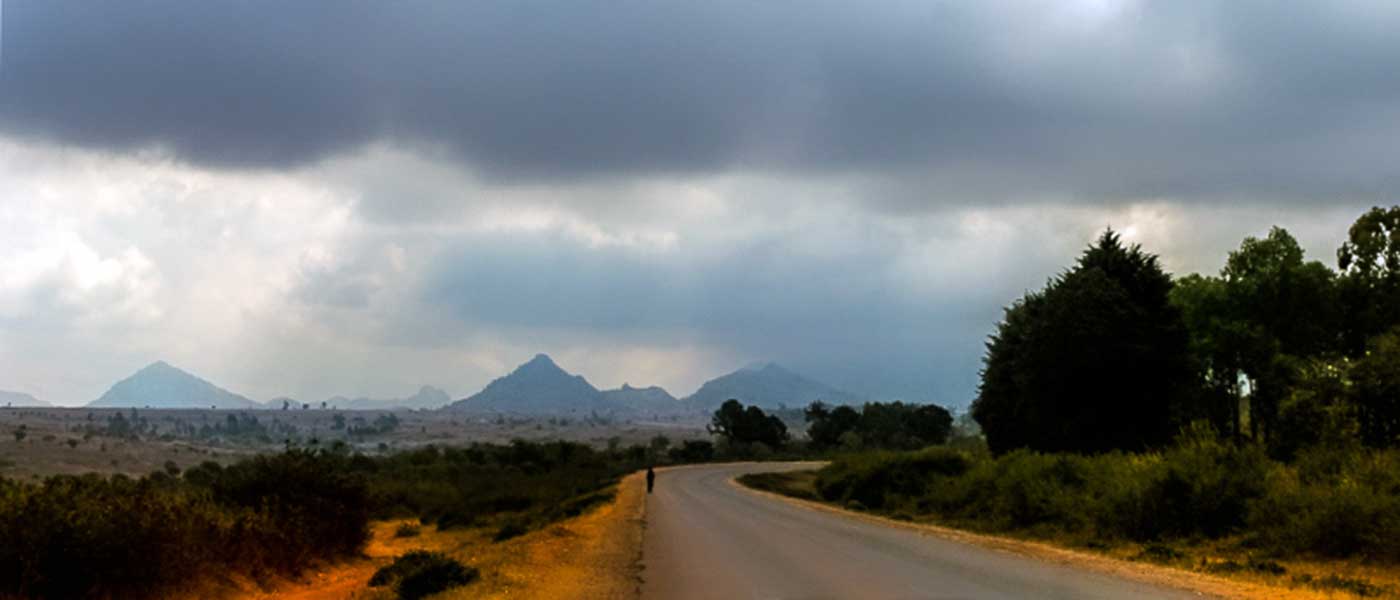
“The car is hemorrhaging fuel,” I told Dad over the phone as we approached Grandma and Grandpa’s place.
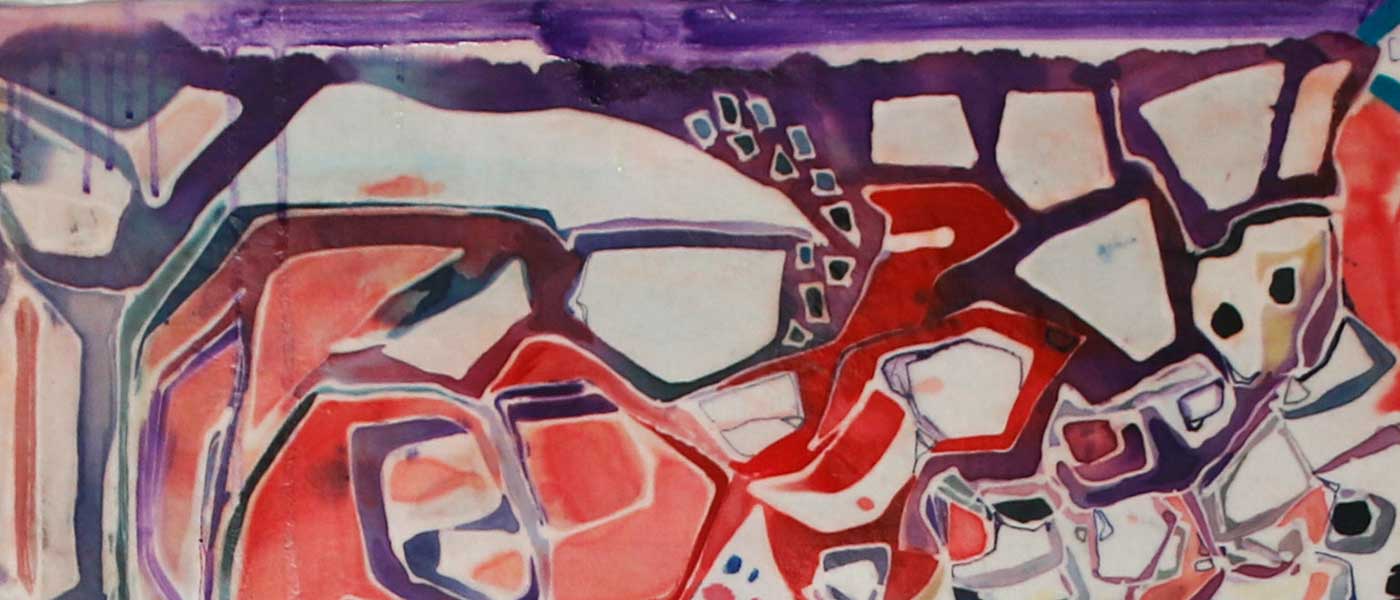
The topic of “real” American identity and assimilation has never been so simultaneously divisive and uniting.
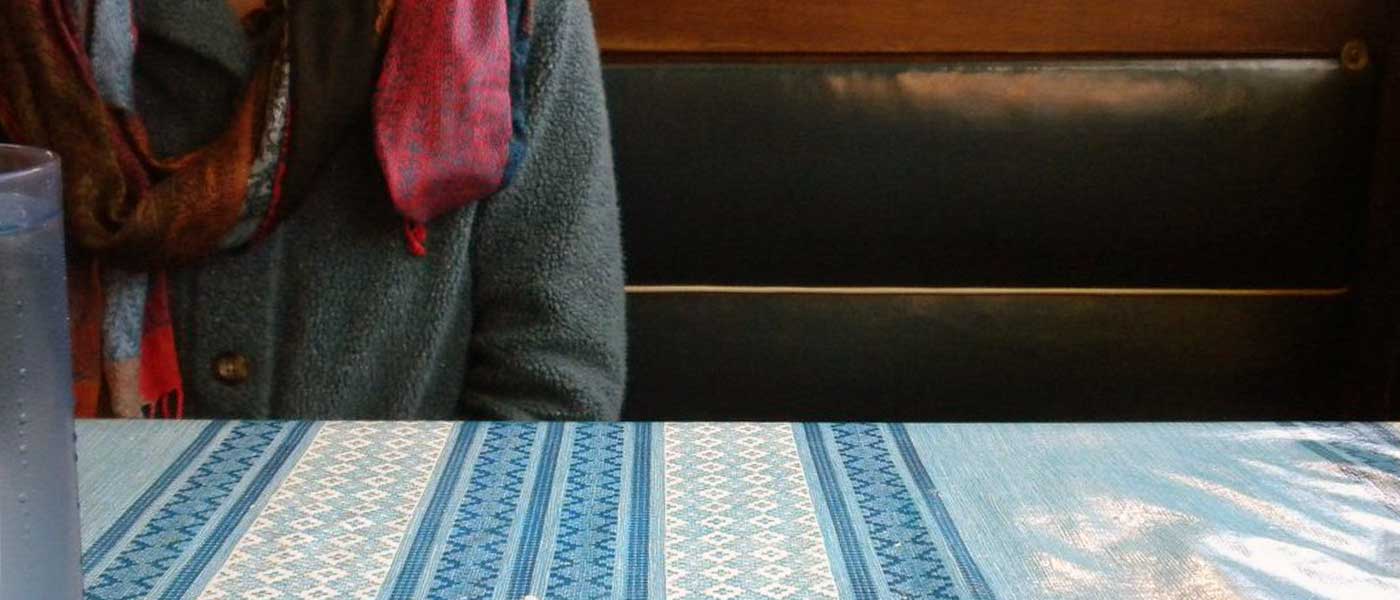
The chalk taste of prescription pill / washed down / with too-sweet lemonade. I only take it / because you…
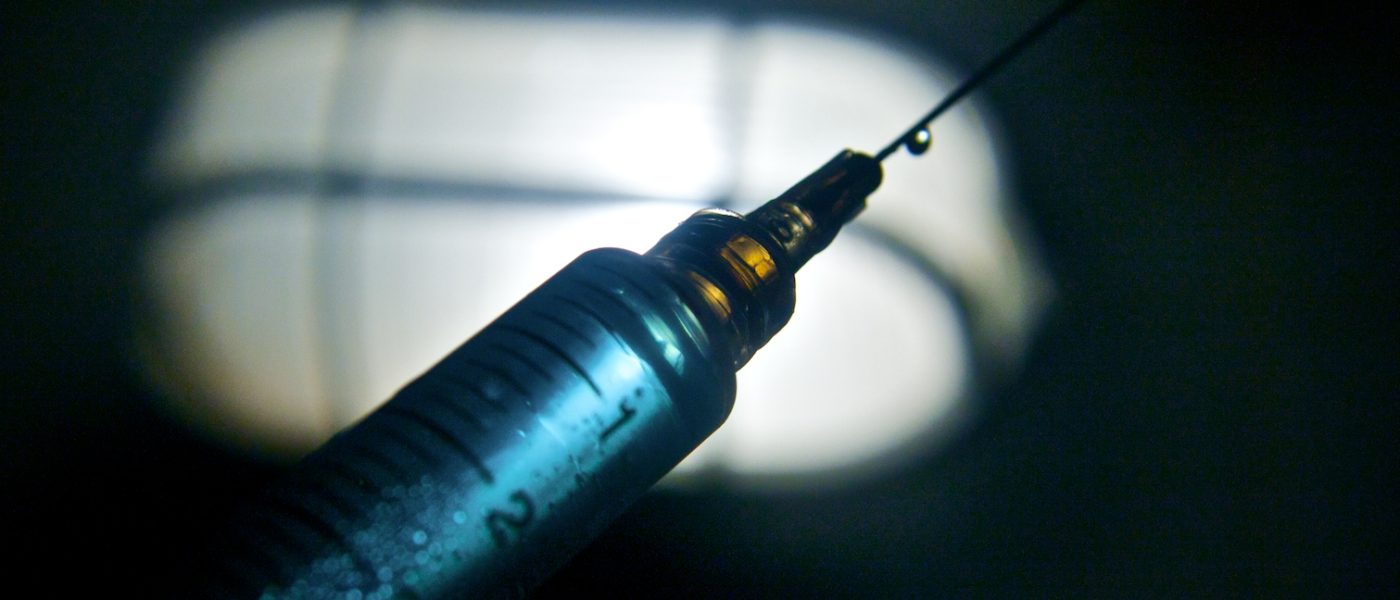
Mama was born in the year of the Dog. In the Chinese Zodiac, dogs are known to be loyal and…
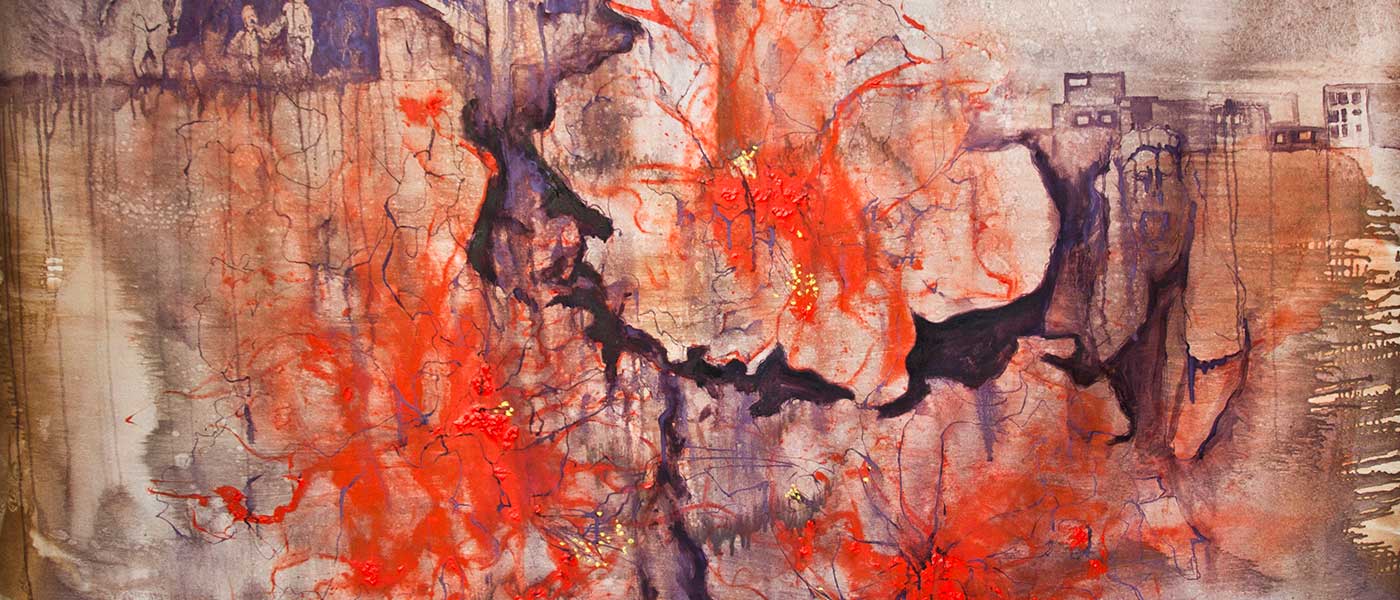
Since the end of the Cambodian Civil War in 1975, and the horrific killing fields following the next four years,…
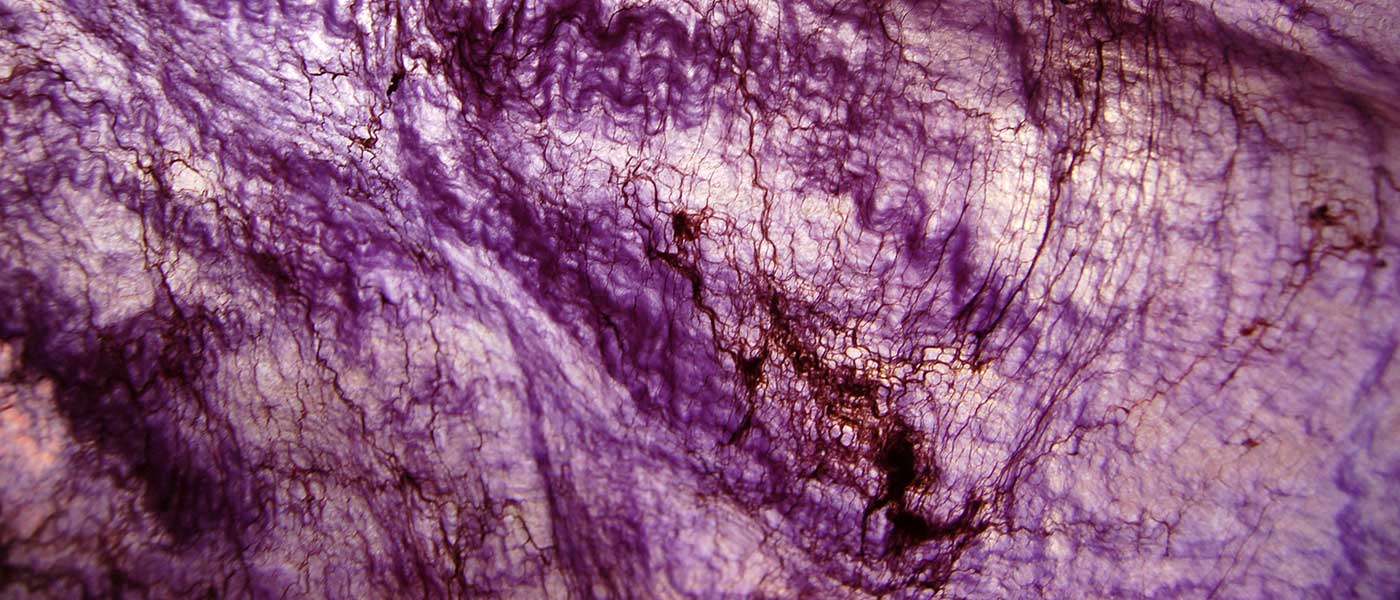
It came from a catalogue. I opened / the plastic bag inside the plastic bag / and out tumbled fabric…
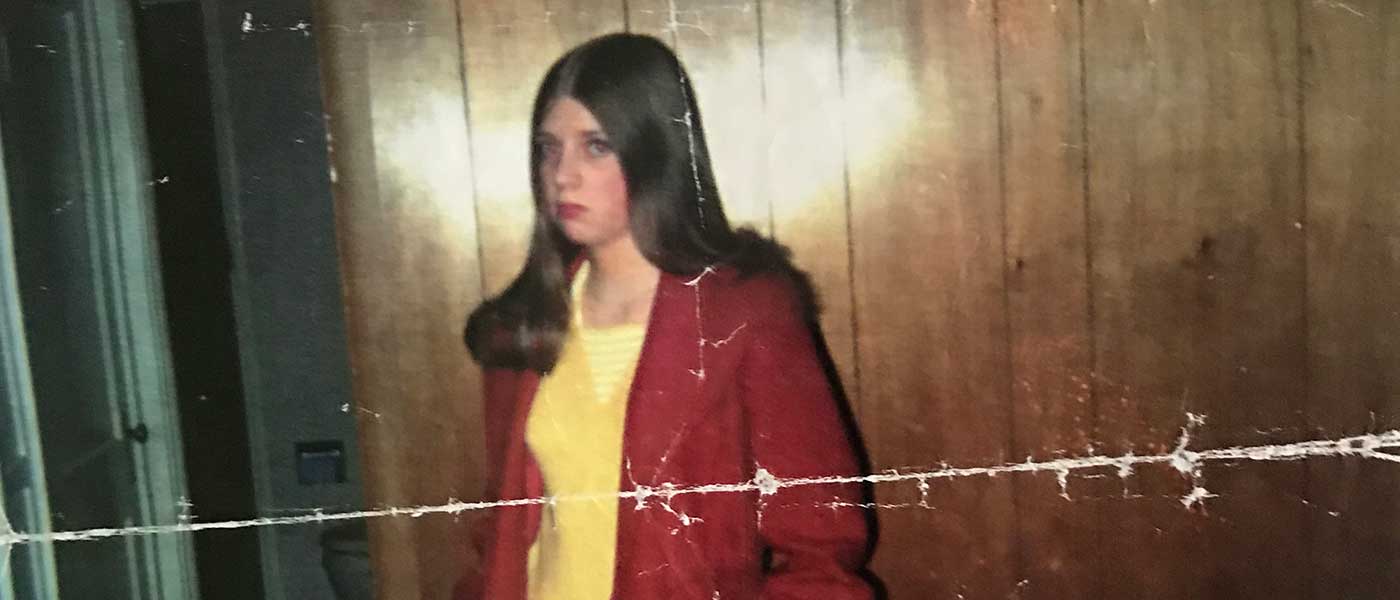
When a group of Alaskan women flew to Washington, D.C. to meet with Senator Lisa Murkowski during the Supreme Court…
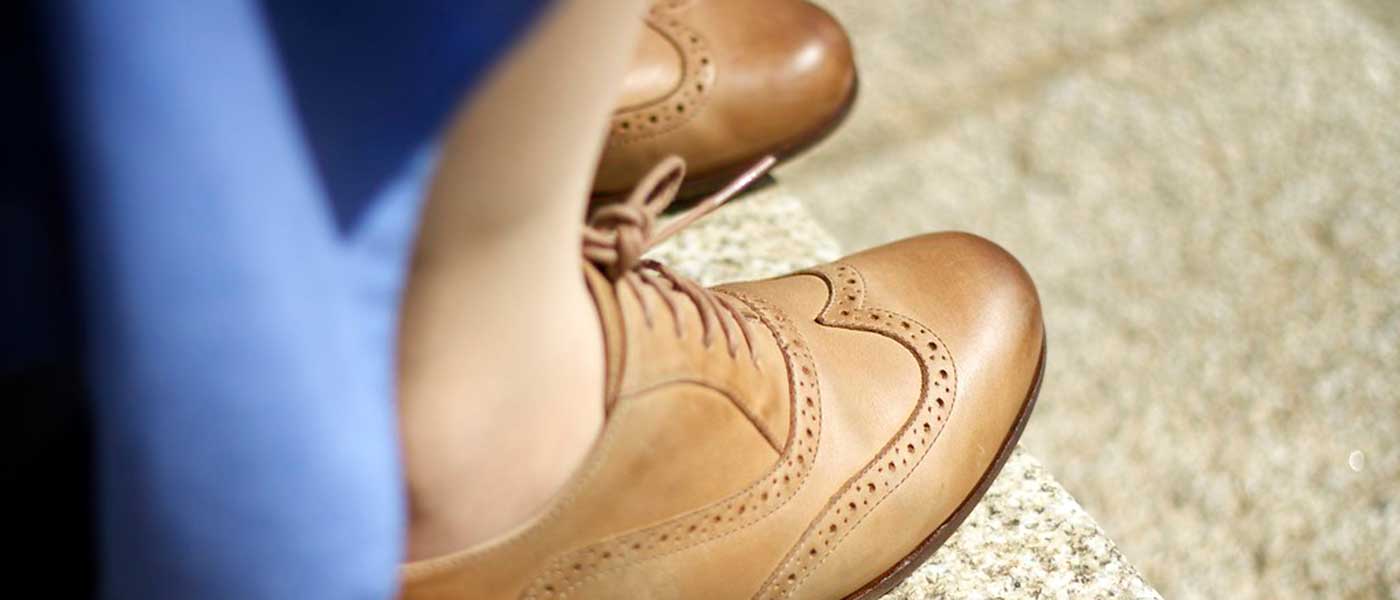
For three years, I boarded a bus in West Pullman, then transferred to the Red Line train to attend Chicago’s…
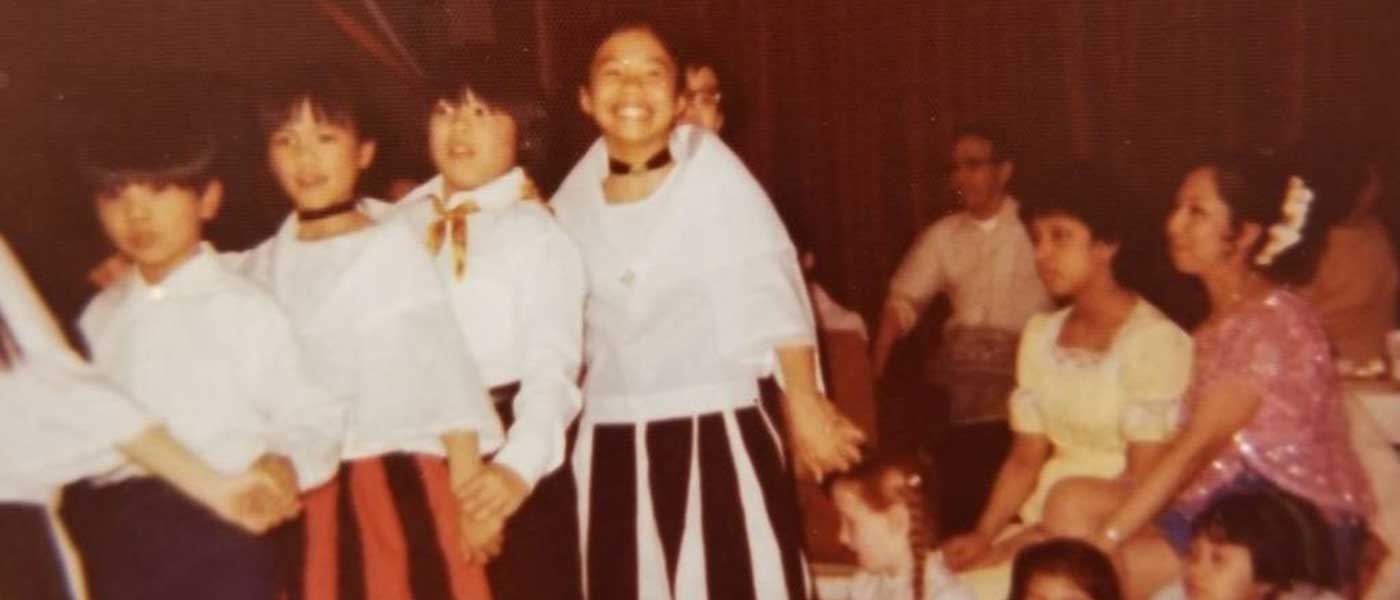
Many of the “Indians” — that’s what they call themselves and what we call them too — in our small…
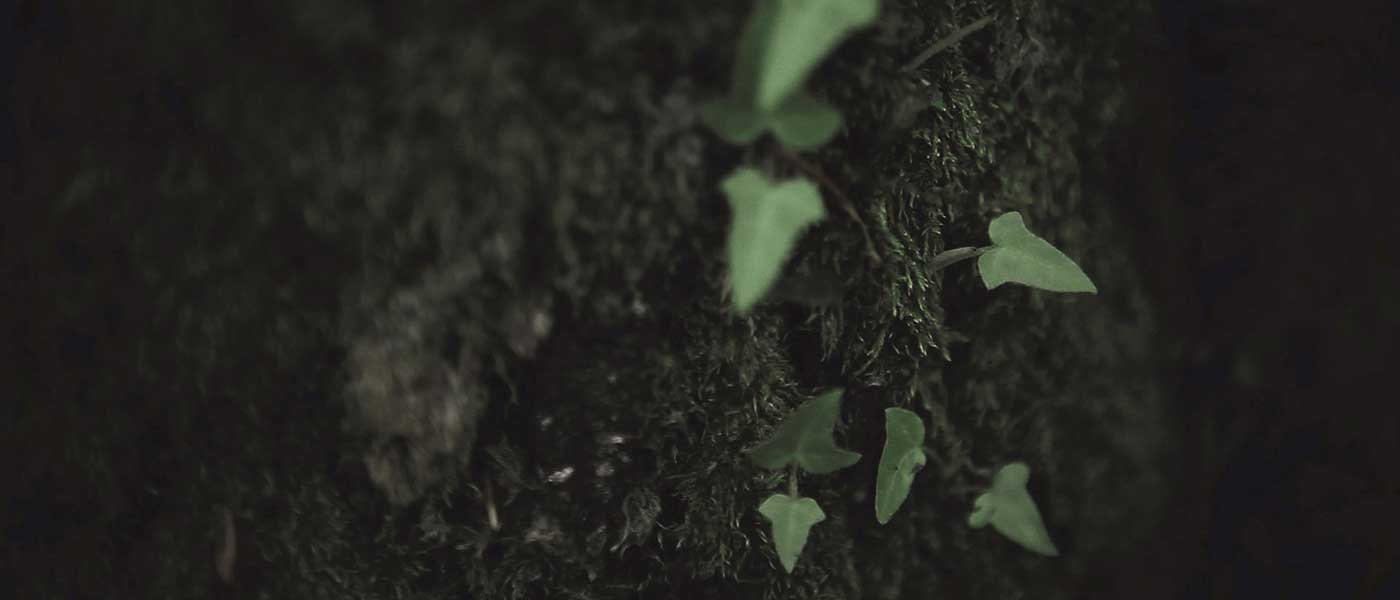
Like all nights, this one was muggy and black. It will rain tonight, he thought as he rubbed his arthritic…
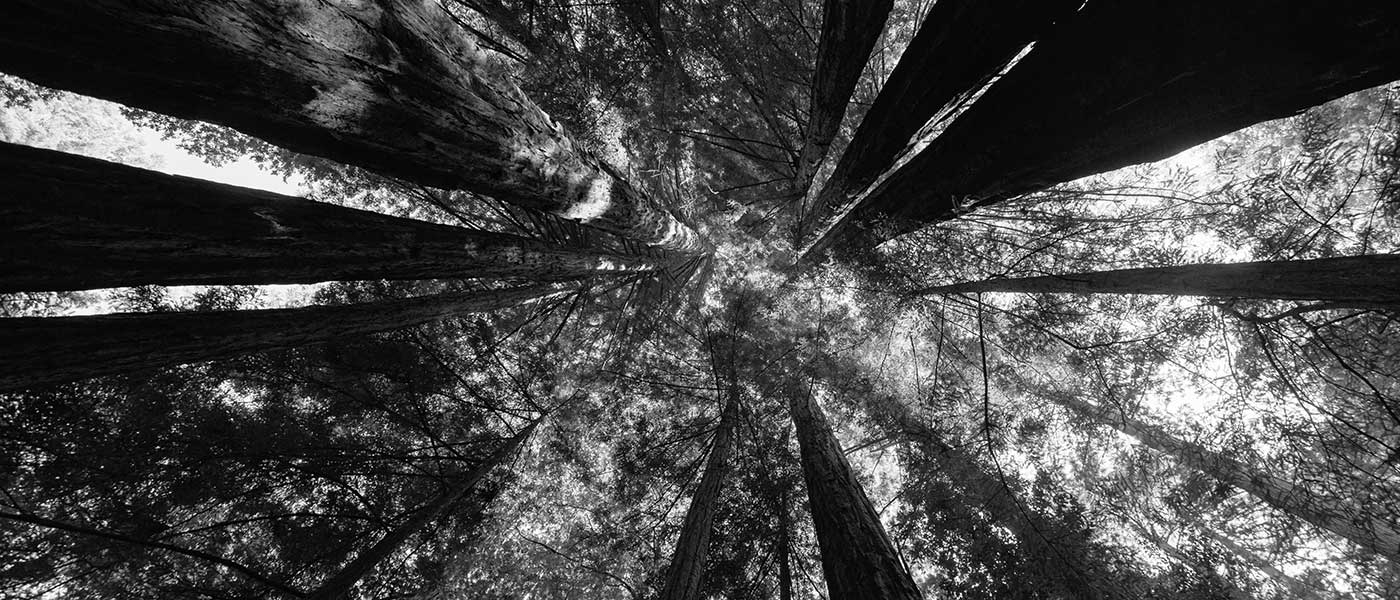
my hair sways long / black streams cascade / down my back / somewhere, skies illuminate after somber rain

There are things you can’t ask at the clinic. Among your prescribed list of acceptable questions: Where is the bathroom?
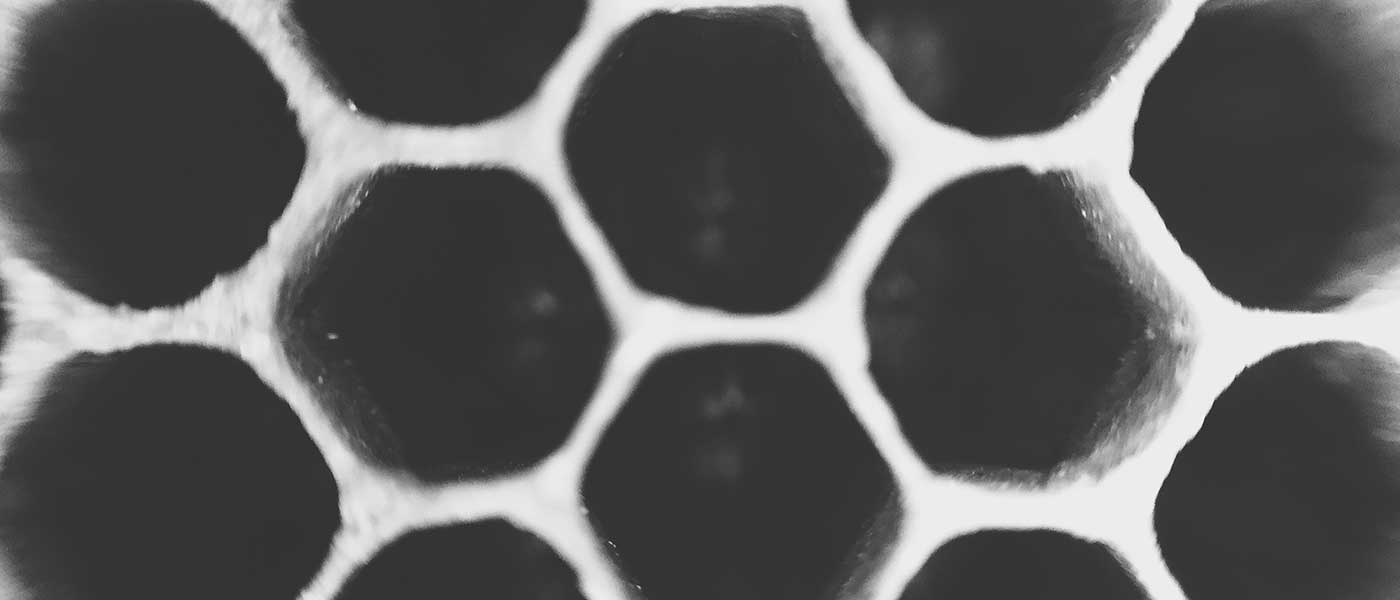
There’s a phrase for it, the way / I’m lately loving like a river / is pressed to my door
![[It is unseemly]](https://www.theseventhwave.org/wp-content/uploads/EmilieMenzel.jpg)
It is unseemly to blow your nose into a tablecloth. If you share a / bed with another man, keep…